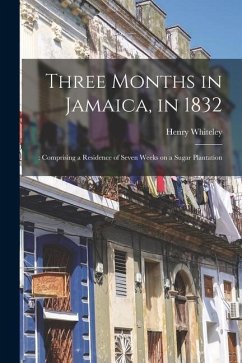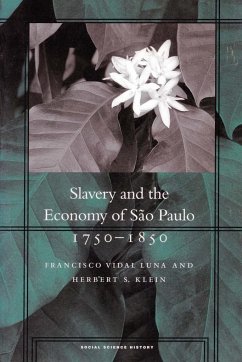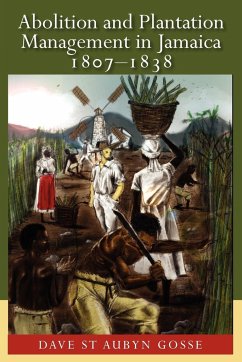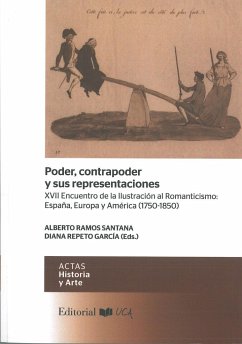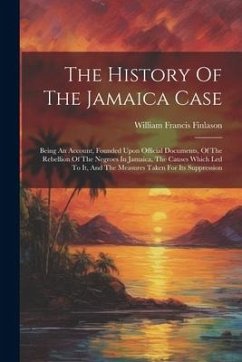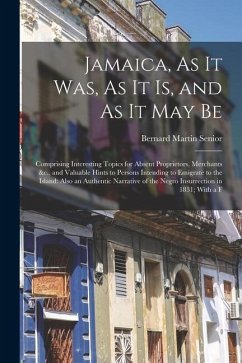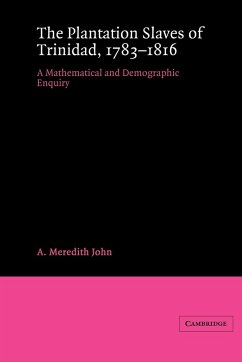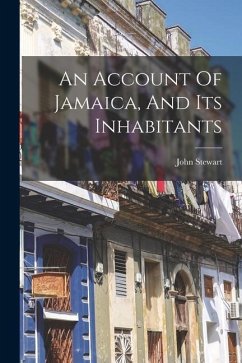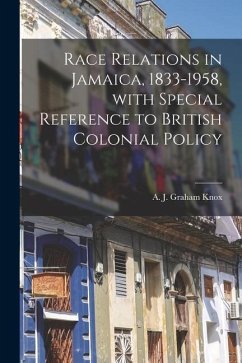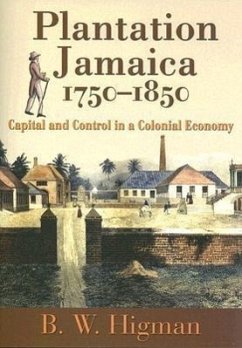
Plantation Jamaica, 1750-1850
Capital and Control in a Colonial Economy
Versandkostenfrei!
Versandfertig in über 4 Wochen
38,99 €
inkl. MwSt.

PAYBACK Punkte
19 °P sammeln!
Plantation Jamaica analyses the important but neglected role of the attorneys who managed estates, chiefly for absentee proprietors, and assesses their efficiency and impact on Jamaica during slavery and freedom. Meticulous research based on a variety of sources, including the attorneys' letters, plantation papers and slave registration records, provides rich quantitative and literary data describing the attorneys' role, status, range of activities and demographic characteristics. Higman charts both the extent of absentee ownership and the complex structure of the managerial hierarchy that str...
Plantation Jamaica analyses the important but neglected role of the attorneys who managed estates, chiefly for absentee proprietors, and assesses their efficiency and impact on Jamaica during slavery and freedom. Meticulous research based on a variety of sources, including the attorneys' letters, plantation papers and slave registration records, provides rich quantitative and literary data describing the attorneys' role, status, range of activities and demographic characteristics. Higman charts both the extent of absentee ownership and the complex structure of the managerial hierarchy that stretched across the Atlantic. Higman also makes a unique contribution by investigating and describing several topics previously neglected including the postal service, the history of accounting and the role of attorneys in the British Isles. The writing style is clear, persuasive and elegant, and makes the work accessible to not only Atlantic and Caribbean historians but also to general readers.



